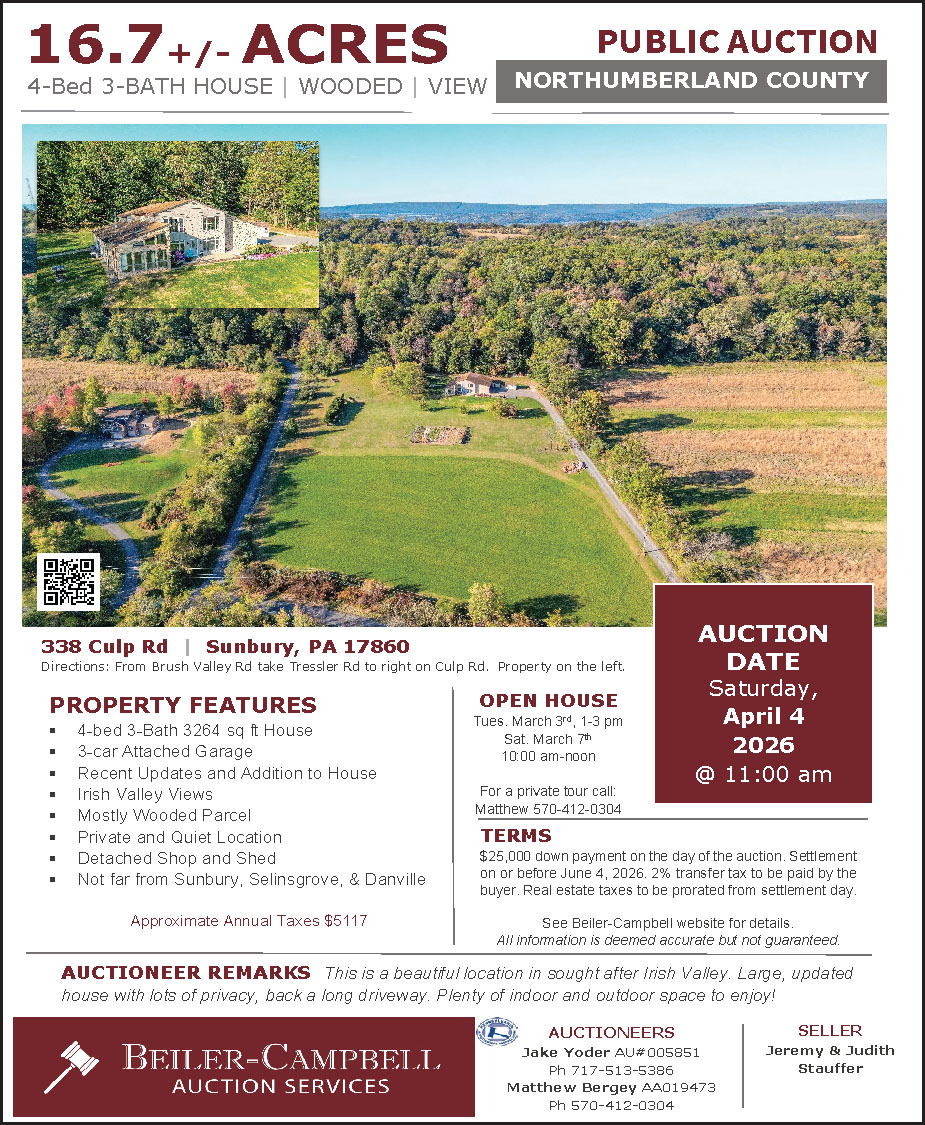This is the fourth article in The Five Big Questions of Life series. Previous articles in this series are always available at webbweekly.com/arts-and-lifestyles/faith-conversations/.
In faith, there is enough light for those who want to believe and enough shadows to blind those who don’t. Blaise Pascal
Seeing isn’t believing. Believing is seeing. The Santa Clause Movie, 1994
Now faith is confidence in what we hope for and assurance about what we do not see. Hebrews 11:1
The Creator, who endowed us with spiritual instinct, also endowed us with the capacity to believe. To believe is to accept that something not yet proven is true, real, or possible. Belief is the result of a complex combination of observation, experience, instinct, intuition, and calling. It is a decision involving the heart and mind that directs behavior and results in action.
Belief is essential for life. Most of what we do every day is based on what we believe about the world and our place in it. It is the reason that the quest to answer the Five Big Questions of Life is so important. What we believe about the answers to these questions will result in the actions we take every day: Who Am I? Why am I here? What am I missing? What is truth? What must I do?
Did you notice that the last question is the action question? The simple fact is this: What we believe drives what we do. Action verifies a belief as authentic. See James 2. This is important. Many people claim to believe in something when they really don’t. They are pretending to gain an advantage, to fit in with the crowd, or to satisfy someone else. Beliefs that are not fully authentic produce, at best, lukewarm activity. Why? Because inauthentic belief will not stand up under pressure. Here’s a fun example from history:
During the winter of 1858, a tightrope walker named Charles Blondin traveled from France to Niagara Falls to be the first person to walk across the roiling cataract of water and wind. He utilized a rope 2 inches thick and 1,300 feet long. Throughout the summer of that year, Blondin walked back and forth across the rope, doing all kinds of theatrical maneuvers to entertain the tens of thousands of onlookers who gathered to watch the “Daredevil of Niagara” risk his life. Blondin stated that he believed a ropewalker, “like a poet, is born and not made.” Clearly, his belief in his calling drove him to take extraordinary actions.
One day, after crossing the cataract, Blondin yelled out to the crowd, “Does anyone believe I could carry a man across to the other side on my back?” The onlookers, utterly enthralled by Blondin’s abilities, shouted in unison, “We believe!” Hearing their full faith in his ability, he asked for a volunteer. The crowd went silent. Not a single person stepped forward to accept his offer of a most extraordinary ride.
Did the crowd truly believe that Blondin could carry a man safely across? Obviously, they did not. Did they want to believe? Yes, but their lack of belief kept them from acting, and that paralysis exposed the truth: they doubted he could do it.
Authentic belief produces courage and the strength of vision that propels us to act. Doubt produces fear and greatly reduces the willingness to take risks.
Nearly every decision in life is based on belief. You got in your car and drove on the road today (action), believing you would safely reach your destination. If, however, heavy snow is in the forecast, your doubt will increase, and that doubt will keep you at home (inaction). On the other hand, if you have all-wheel drive, a good set of tires, and plenty of experience driving on treacherous roads, your belief in your abilities will result in you grabbing the keys and confidently heading out. You may even relish the opportunity! That’s what belief does — it moves us forward with confidence and determination in the face of the unknown.
Brutus, in William Shakespeare’s Julius Caesar, makes this action argument to Cassius when debating war strategy, “There is a tide in the affairs of men which, taken at the flood, leads on to fortune; Omitted, all the voyage of their life is bound in shallows and in miseries. On such a full sea are we now afloat; and we must take the current when it serves, or lose our ventures.”
Men of authentic belief are men of action. They are emboldened to take risks, make sacrifices, suffer ridicule, and work tirelessly. They are an unrelenting and unstoppable force, advancing a mission and making the world a better place.
Men of doubt are paralyzed by endless study and analysis. They require proof, security, and guarantees. They wait and delay, while enjoying the admiration of other doubters who hail them as wise and measured and sophisticated. They openly ridicule those who take risks. If allowed to win the day, doubters succeed at creating misery for everyone. This is why Proverbs 29:18 declares, “Without vision the people perish.” Another old proverb wisely declares, “Those who say it can’t be done need to stay out of the way of those who are doing it.”
The point is this: authentic belief is powerful. It is the reason God, who is spiritual and unseen, gave you the ability to believe in what cannot be seen, proven, or does not yet exist. Don’t let anyone look down on you because you believe. Instead, act boldly on your belief and be a faithful man. Be hot, not lukewarm.
There is much more to be said on this topic, but we’ll save it for next week’s article. In the meantime, consider what you claim to believe. Put it to the test and see if it is authentic. Does it inform your actions? Does it inspire you to overcome ridicule and obstacles? If it doesn’t, then you need to be honest with yourself. Stop saying you believe when you really don’t. If you don’t take this seriously, then Jesus has a warning for you:
These are the words of the Amen, the faithful and true witness, the ruler of God’s creation. I know your deeds, that you are neither cold nor hot. I wish you were either one or the other! So, because you are lukewarm — neither hot nor cold — I am about to spit you out of my mouth. Revelation 3:14-16



